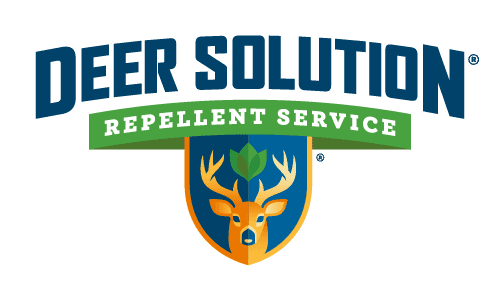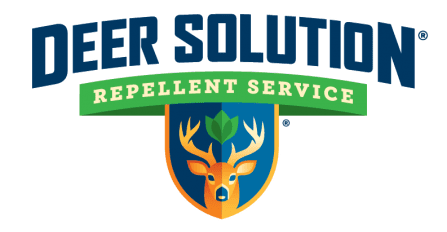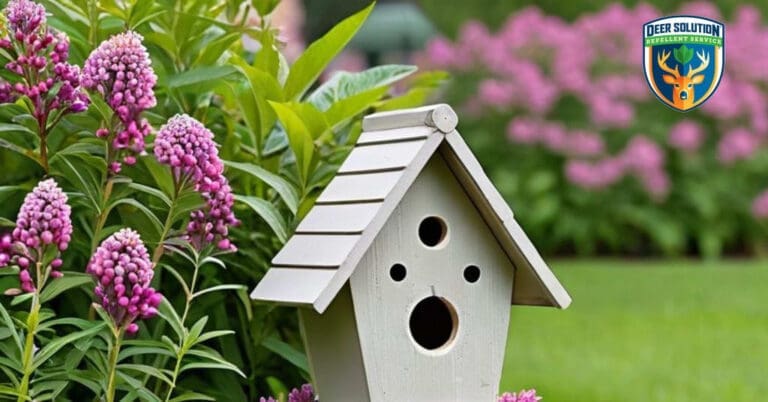Understanding deer dietary habits is crucial for gardeners looking to protect their cherished plants. One question that often arises is, do deer eat swamp milkweeds? Swamp Milkweeds (Asclepias incarnata) are beloved by many for their striking pink flowers and their role in supporting pollinators like butterflies. However, their appeal to deer can vary based on several factors.
Deer and Swamp Milkweeds: A Complex Relationship
Deer are known to be selective feeders, often influenced by the availability of food and environmental conditions. Swamp Milkweeds, with their milky sap and slightly bitter taste, are not typically a deer’s first choice. However, in times of scarcity, deer may resort to nibbling on these plants. This variability makes it challenging to predict deer behavior with absolute certainty.
Factors Influencing Deer Feeding Habits
Several factors can affect whether deer will eat Swamp Milkweeds in your garden:
- Food Availability: During periods when preferred food sources are scarce, deer may expand their diet to include less favored plants like Swamp Milkweeds.
- Seasonal Changes: Deer feeding patterns can shift with the seasons. In winter, when natural food is limited, they might browse on a wider variety of plants.
- Local Deer Population: Areas with high deer populations may experience more extensive browsing as competition for food increases.
- Plant Palatability: The taste and texture of Swamp Milkweeds may not be as appealing to deer as other plants. The presence of certain compounds in the plant can act as a natural deterrent.
- Human Activity: Gardens that are frequently visited by humans may discourage deer from approaching due to their wariness of people.
Eco-Friendly Strategies to Protect Swamp Milkweeds
To safeguard your Swamp Milkweeds from potential deer damage, consider implementing eco-friendly strategies that align with sustainable gardening practices:
- Plant Diversity: Incorporate a variety of deer-resistant plants in your garden. This not only enhances biodiversity but may also reduce the likelihood of deer targeting specific plants.
- Strategic Planting: Position Swamp Milkweeds among other less palatable plants to create a natural deterrent. Deer are less likely to venture into areas where their preferred food is not readily accessible.
- Regular Monitoring: Keep an eye on your garden and note any signs of deer activity. Early detection allows for timely intervention and minimizes potential damage.
- Scent Repellents: Use natural scent repellents that are safe for the environment. These can include homemade sprays made from garlic, eggs, or hot peppers, which can be effective in keeping deer at bay.
Understanding the Role of Professional Services
While these strategies can be helpful, engaging with professional services can offer additional support. Deer Solution specializes in providing an eco-friendly repellent spraying service tailored to protect your landscape from deer damage. Our all-natural proprietary repellent is applied monthly by certified experts, ensuring your garden remains a thriving sanctuary for plants and pollinators alike.
Deer Solution offers a specialized approach
Exploring sustainable solutions leads us to consider how professional services, like those offered by Deer Solution, provide tailored support for maintaining the health and beauty of your landscape. With the right combination of personal vigilance and professional assistance, your garden can flourish, providing a safe haven for Swamp Milkweeds and other plants that contribute to the ecological diversity of your outdoor space.
Contact Us
For more information on protecting your garden with Deer Solution’s eco-friendly services.








